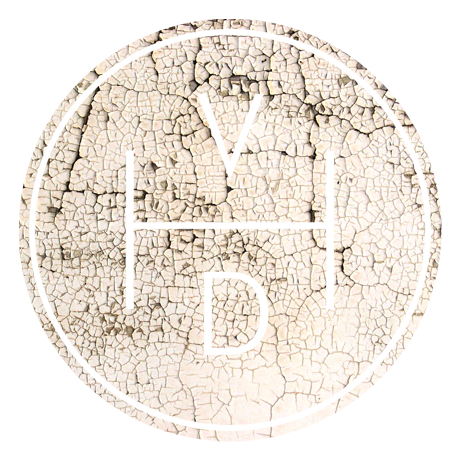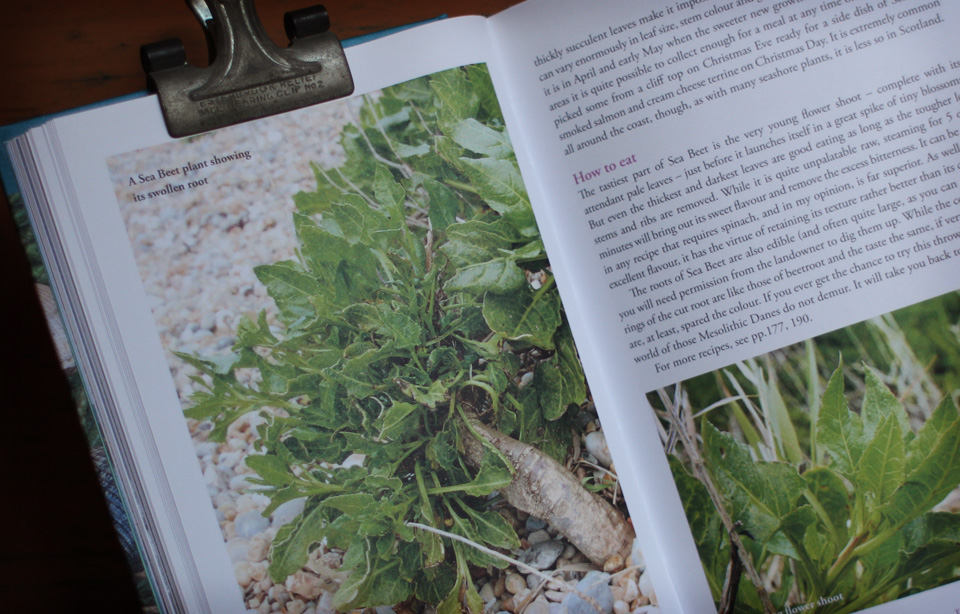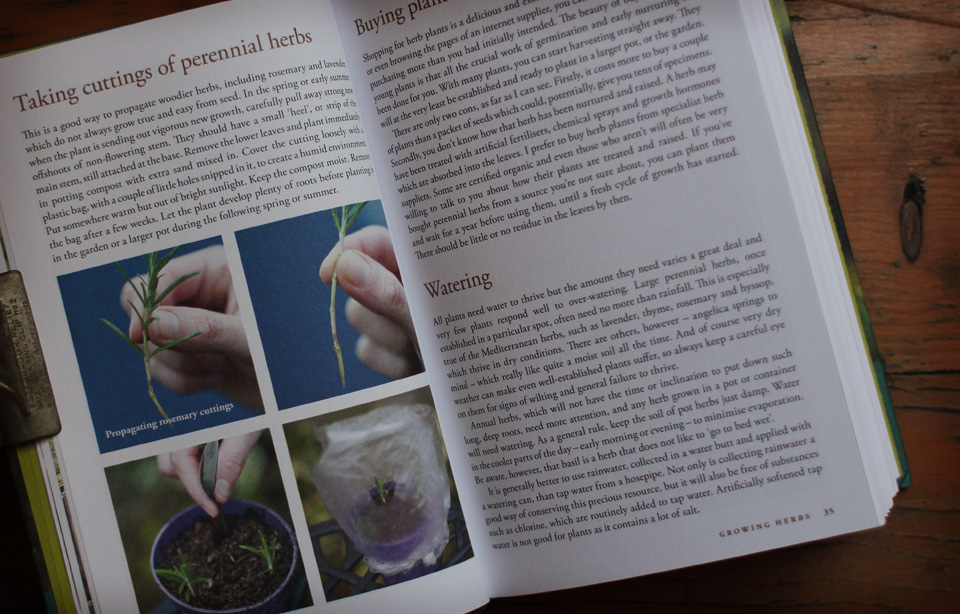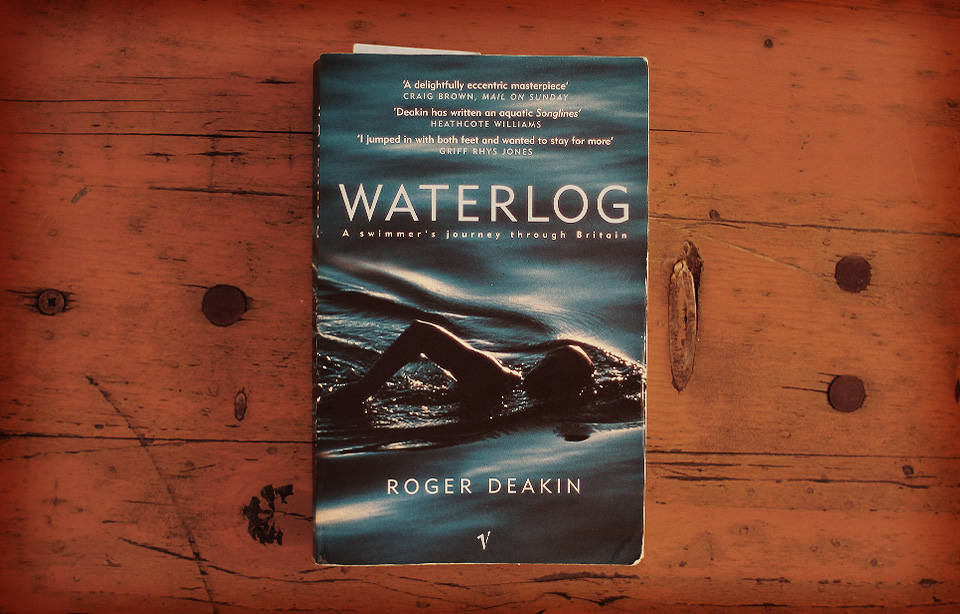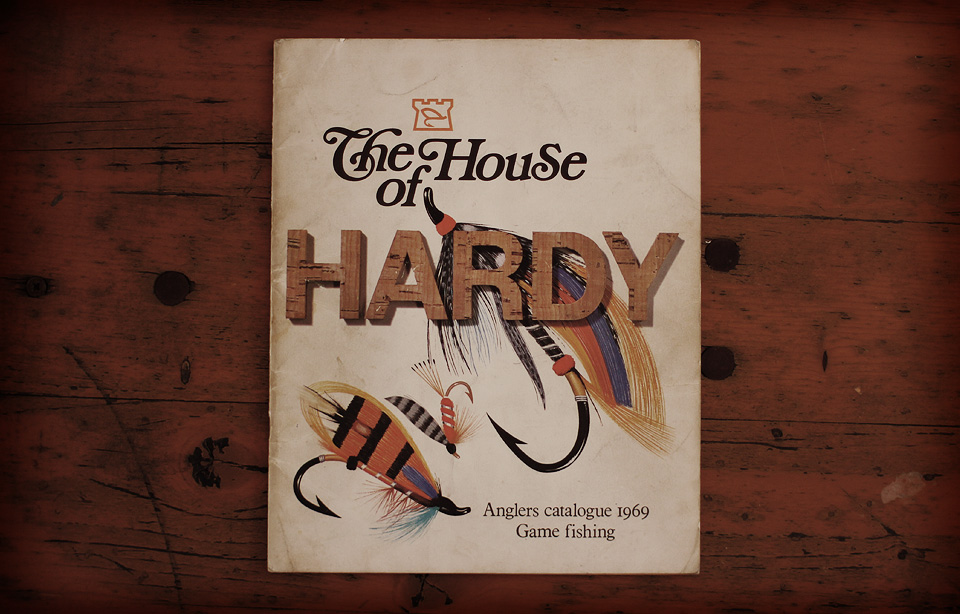Summer Reading List –2015
It’s heartwarming, striding into a small, high street bookshop anywhere in the UK and finding whole shelves devoted to nature writing; even my home town’s WHSmith’s carries a selection of Robert Macfarlane’s titles. I’m not sure if more people are writing about nature or if the UK public are finally taking notice and they are getting the shelf space they deserve. Either way it feels like a nature writing renaissance, with the likes of Roger Deakin, Richard Mabey, Macfarlane and Caught By The River paving the way. I find it hard to track down these books, and books with the same sensibility in US bookstores.
On a recent trip to the UK I couldn’t help stocking up on books, and blowing most of my luggage allowance getting them back to USA, the fruits of my labor are below, with their Amazon descriptions.
Feral - George Monbiot
How many of us sometimes feel that we are scratching at the walls of this life, seeking to find our way into a wider space beyond? That our mild, polite existence sometimes seems to crush the breath out of us? Feral is the lyrical and gripping story of George Monbiot's efforts to re-engage with nature and discover a new way of living. He shows how, by restoring and rewilding our damaged ecosystems on land and at sea, we can bring wonder back into our lives. Making use of some remarkable scientific discoveries, Feral lays out a new, positive environmentalism, in which nature is allowed to find its own way. Get a copy here.
Notes from Walnut Tree Farm – Roger Deakin
Notes from Walnut Tree Farm is a collection of writing by Roger Deakin For the last six years of his life, Roger Deakin kept notebooks in which he wrote his daily thoughts, impressions, feelings and observations about and around his home, Walnut Tree Farm. Collected here are the very best of these writings, capturing his extraordinary, restless curiosity about nature as well as his impressions of our changing world. Get a copy here.
Caught By The River - A Collection of Words on Water
From the Thames to the Telford, the Wear to the Wellsbourne; from canoe adventures to ice-skating, from angling to day-dreaming, "Caught by the River" is an exceptional new take on nature writing. Here, the writers take you on a journey down some of our most famous waterways and some of its best kept secrets. Funny, surprising, delightful and poignant, they all share one thing - a passion for the rivers of Britain and Ireland. The result is a uniquely modern take on an age old writing tradition - a rock 'n' rock nature book ever. The authors, many acclaimed and the rest soon to be, each contribute to a collection of writing as varied and unexpected as the rivers themselves.This evocative anthology of the best new nature writing is presented in a collection of essays on some of our favourite rivers, covering the entire length of the country. Get a copy here.
The Moor – William Atkins
In this deeply personal journey across our nation's most forbidding and most mysterious terrain, William Atkins takes the reader from south to north, in search of the heart of this elusive landscape. His account is both travelogue and natural history, and an exploration of moorland's uniquely captivating position in our literature, history and psyche. Atkins may be a solitary wanderer across these vast expanses, but his journey is full of encounters, busy with the voices of the moors, past and present: murderers and monks, smugglers and priests, gamekeepers and ramblers, miners and poets, developers and environmentalists. Get a copy here.
Rising Ground – Philip Marsden
Why do we react so strongly to certain places? Why do layers of mythology build up around particular features in the landscape? When Philip Marsden moved to a remote creekside farmhouse in Cornwall, the intensity of his response took him aback. It led him to begin exploring these questions, prompting a journey westwards to Land's End through one of the most fascinating regions of Europe. Get a copy here.
Wanderlust - A History of Walking – Rebecca Solnit
Drawing together many histories-of anatomical evolution and city design, of treadmills and labyrinths, of walking clubs and sexual mores-Rebecca Solnit creates a fascinating portrait of the range of possibilities presented by walking. Arguing that the history of walking includes walking for pleasure as well as for political, aesthetic, and social meaning, Solnit focuses on the walkers whose everyday and extreme acts have shaped our culture, from philosophers to poets to mountaineers. She profiles some of the most significant walkers in history and fiction-from Wordsworth to Gary Snyder, from Jane Austen's Elizabeth Bennet to Andre Breton's Nadja-finding a profound relationship between walking and thinking and walking and culture. Solnit argues for the necessity of preserving the time and space in which to walk in our ever more car-dependent and accelerated world. Get a copy here.
Meadowland – John Lewis-Stempel
Meadowland gives an unique and intimate account of an English meadow’s life from January to December, together with its biography. In exquisite prose, John Lewis-Stempel records the passage of the seasons from cowslips in spring to the hay-cutting of summer and grazing in autumn, and includes the biographies of the animals that inhabit the grass and the soil beneath: the badger clan, the fox family, the rabbit warren,the skylark brood and the curlew pair, among others. Their births, lives, and deaths are stories that thread through the book from first page to last. Get a copy here.
A Brush with Nature – Richard Mabey
Described as 'Britain's greatest living nature writer', Richard Mabey has revealed his passion for the natural world in eloquent stories for BBC Wildlife Magazine. This volume features his favourite pieces and presents a fascinating and inspiring view of the changing natural landscape in which we live. Get a copy here.
I hope this inspires some reading, I certainly have a lots to do. If anyone has suggestions for books or authors from the USA that I should be reading please let me know.
